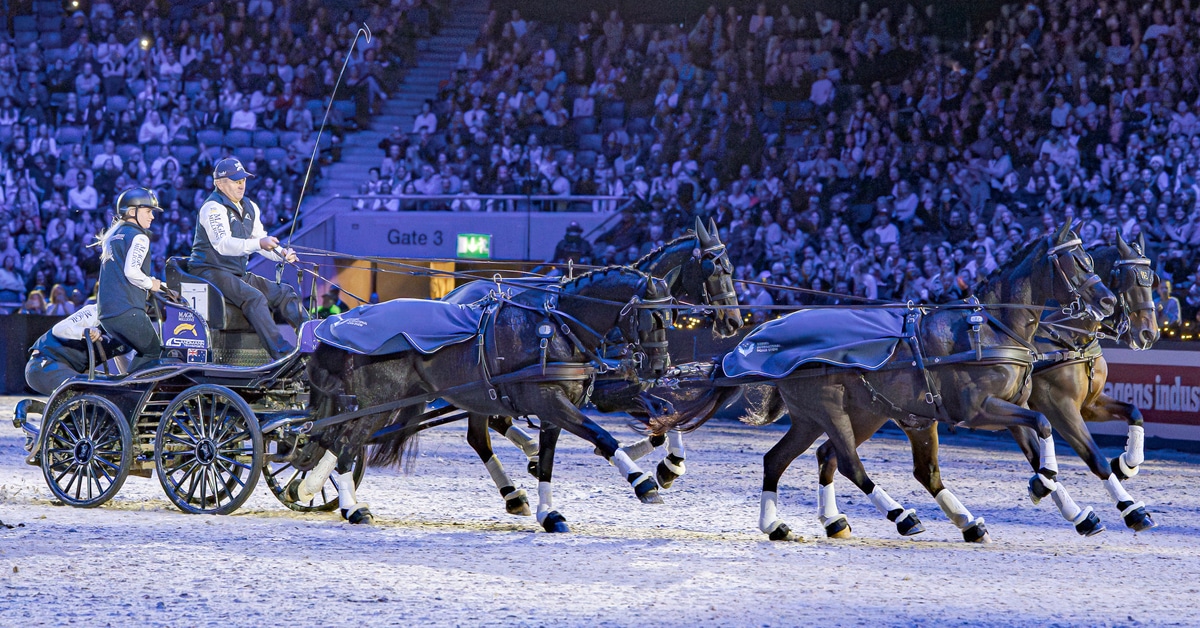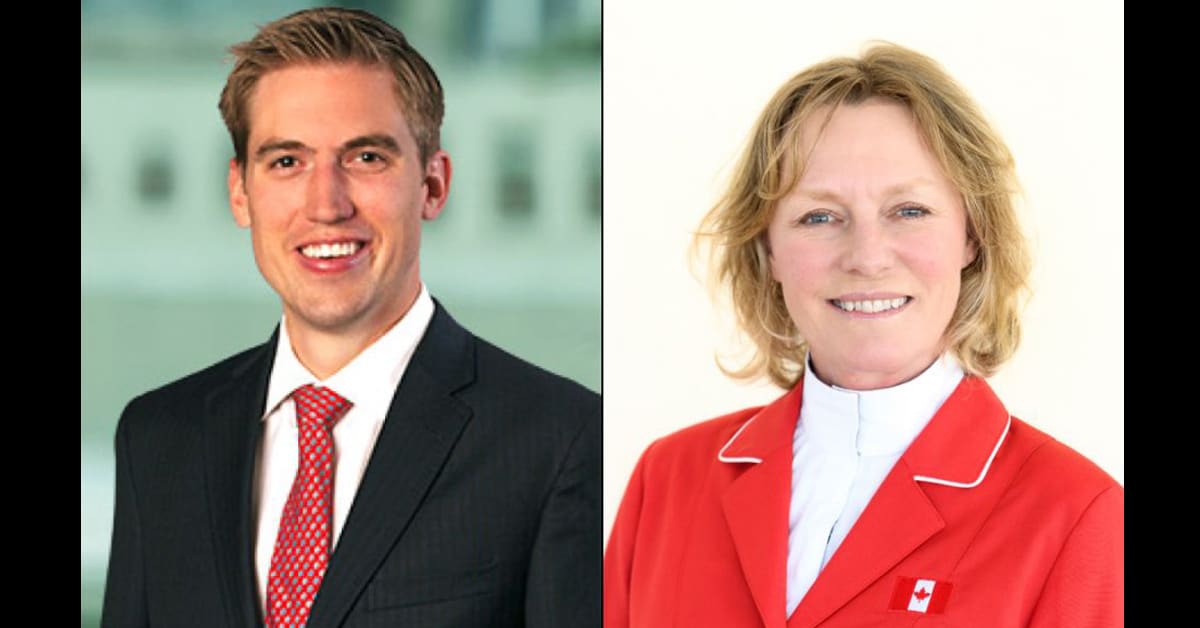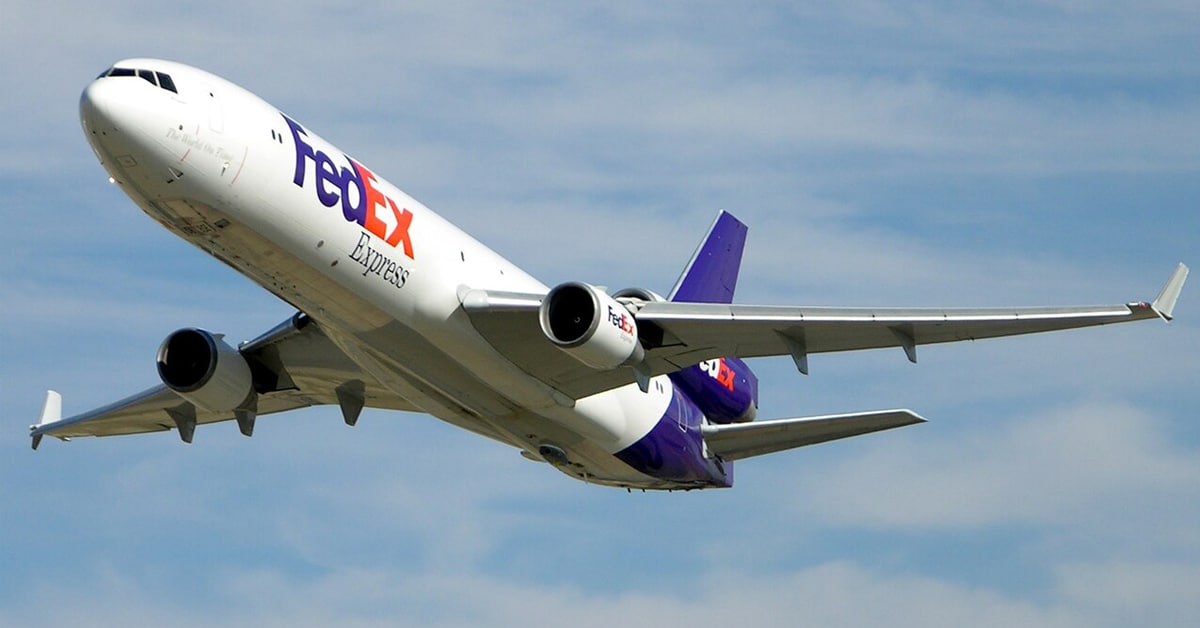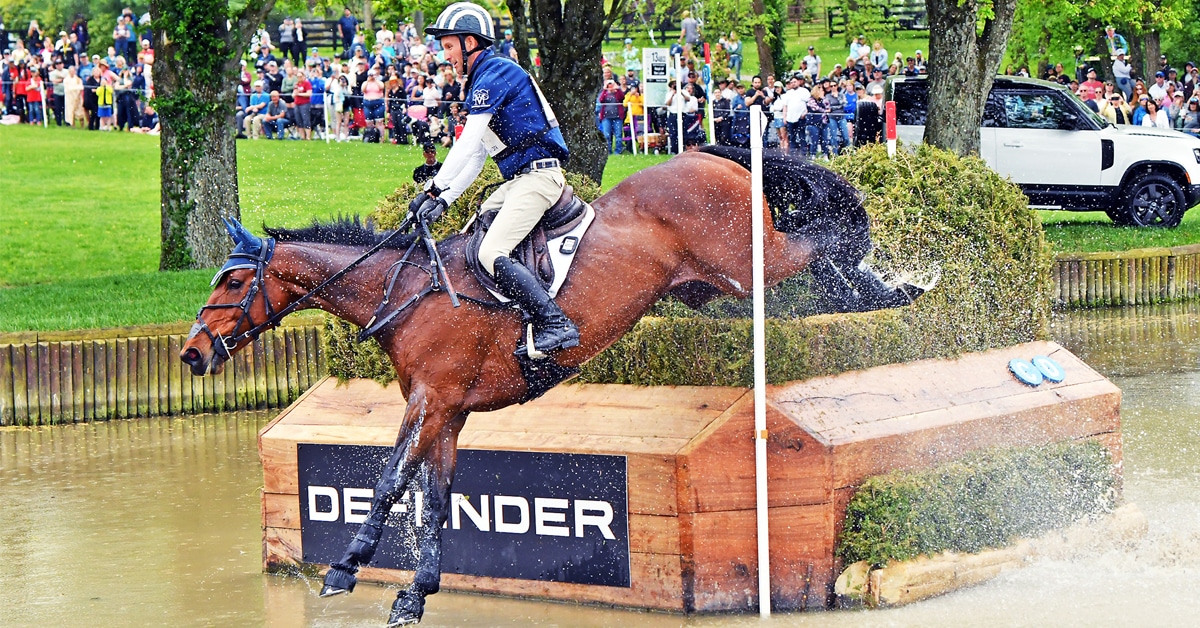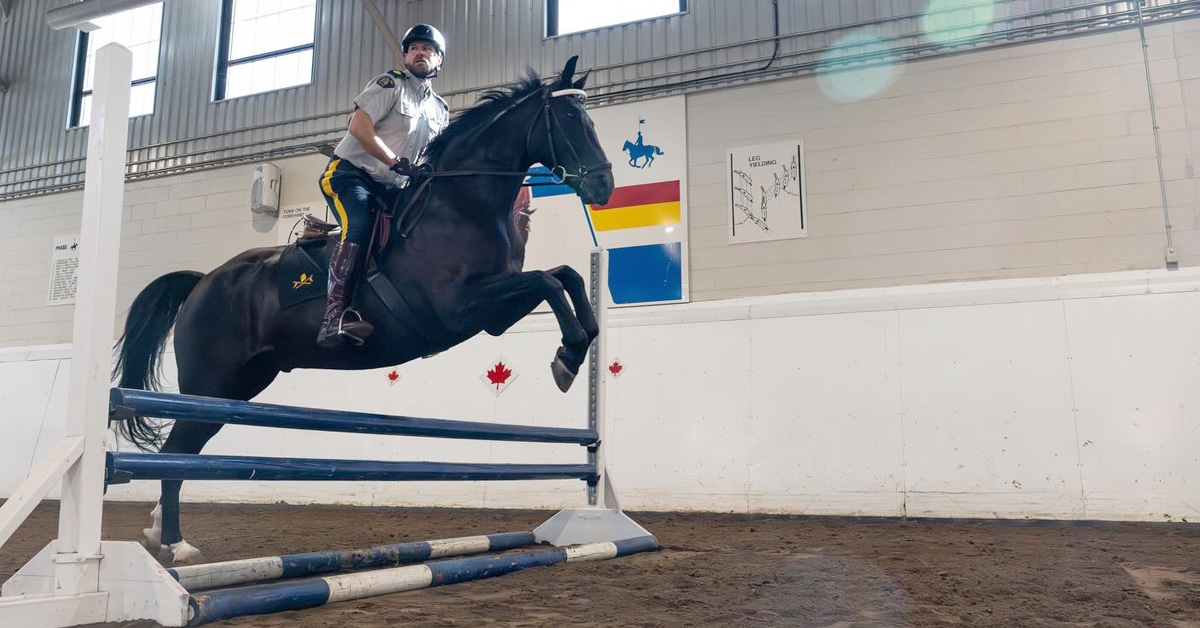The FEI is bracing itself for extensive litigation over its suspension of the UAE equestrian federation – even though it believes appeals from individuals are inadmissible.
Law firms in the UAE and Europe are acting for riders and other stakeholders affected by the suspension, which has halted the UAE’s main international season and its large import trade in endurance horses.
The UAE has a large ex-pat community. Riders of all nationalities face six months ineligibility from FEI competition if they continue to ride in any type of event that is now regarded as unsanctioned.
Last month the FEI suspended all disciplines in the UAE through December 31, and endurance through March 31. The FEI Board was satisfied that the UAE deliberately demoted its two highest profile 160km endurance races – the Sheikh Mohammed Cup in January and the Presidents Cup in February – from FEI status to CEN (national rides) to avoid applying the stricter new FEI endurance rules. The UAE had actively lobbied against those new rules during 2019.
It could have run the 160km races as CENs by strictly limiting participation, but went ahead with large international fields.
The UAE national federation was suspended during its inactive summer months in 2015 for multiple breaches of FEI endurance rules. Non-endurance riders, mostly jumpers, were allowed to continue competing under the neutral FEI flag. That opportunity is not offered with the new suspension.
The Equine Legal Consultancy of Abu Dhabi has already written to the FEI on behalf of 50 Emirati riders. FEI president Ingmar de Vos has replied, but will make no public comment now that legal proceedings are underway.
A FEI spokesman told HorseSport.com that, in its opinion, appeals by individuals who were not a party to the Board decision are inadmissible, though it is up to the FEI Tribunal – an independent body – to rule.
Under FEI General Regulations, individuals can appeal a FEI Board decision if they have a “legitimate” interest. If the FEI Tribunal dismisses any such appeals, that decision is final. Only the UAE federation can take matters further, to the Court of Arbitration for Sport.
Dutch attorneys Schelstraete are expecting to represent individuals of many nationalities. “The stories we hear are very sad,” said senior partner Piotr Wawrzyniak. “This all happens next to the Covid-19 pandemic which has already severely affected equine businesses and sports events around the world. Look at the FEI itself who reports a severe loss this year due to the Covid-19.
“What about all the athletes, companies and people providing services to the equine businesses in and from the UAE? Our interest is to help all those who are affected by the FEI’s decision and obviously to support the appeal – that if we understand correctly – shall be lodged by the UAE NF. Obviously, there might be legitimate grounds for the FEI to take action but the FEI should also take into account the interest of those who have not been involved in any wrongdoings, and there are lots of them.
“We are of the view that article 75 of the Swiss Civil Code shall be the basis of the appeal. UAE athletes, owners and officials are stakeholders of the FEI and they have been badly affected by the decision. This should be the reason for them to have standing in the appeal before the FEI Tribunal.
“There are more equitable solutions to the problem. Look, for instance, at Russian athletes who were allowed to compete under a neutral flag if they were ‘clean’ and not involved in doping, despite the suspension of Russia.”
The UAE’s 2015 suspension was lifted after three months when it signed a legal agreement with the FEI to abide by FEI rules.
The last time the FEI took direct action against the UAE was 2016, when stripping it of hosting the World Endurance Championships because “horse welfare could not be guaranteed.” Dubai applied to host the 2022 world championship, but is now excluded from that process.
More News
